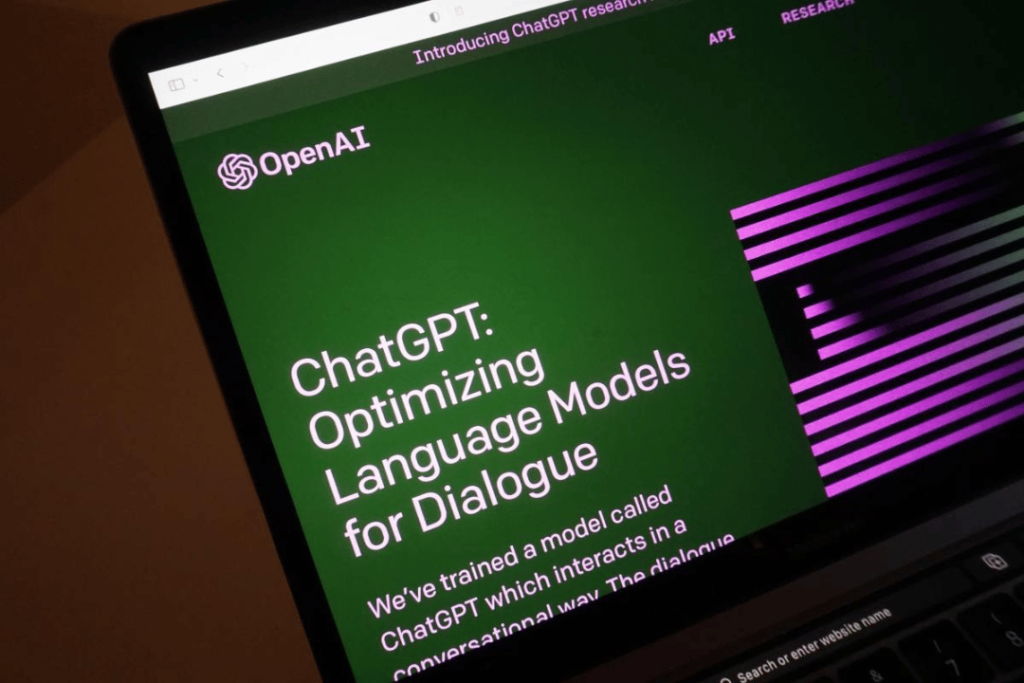In the ever-evolving landscape of artificial intelligence, OpenAI’s ChatGPT has emerged as a groundbreaking conversational AI model. However, the path to enhancing its capabilities while ensuring accuracy and privacy has proven to be a delicate balancing act.
ChatGPT New Features of Speak and Listen:
OpenAI’s commitment to responsible AI is evident in its cautious approach towards the integration of image search capabilities. While the idea of AI being able to identify individuals from images seems like a page out of science fiction, OpenAI has deliberately limited ChatGPT’s ability in this regard. The reasoning behind this decision is twofold: accuracy and privacy.
One of the foremost concerns is the accuracy of such identification. AI systems, including ChatGPT, are not infallible. Mistaken identifications or false statements about individuals could lead to misunderstandings or even harm. OpenAI acknowledges the responsibility that comes with AI capabilities and is committed to avoiding potential inaccuracies.
Privacy is another paramount consideration. OpenAI is well aware of the ethical implications of AI that can analyze and identify individuals. Unauthorized surveillance, data breaches, and invasion of privacy are significant concerns. Thus, OpenAI’s cautious approach aligns with its commitment to protecting user data and privacy.
Nearly a year after its initial launch, OpenAI continues to grapple with the challenge of expanding ChatGPT’s capabilities without introducing new problems. The company recognizes the need to strike a delicate balance, ensuring that while AI is increasingly versatile, it remains ethical and secure.

OpenAI’s recent releases have demonstrated a conscious effort to maintain this equilibrium. By imposing deliberate limitations on what its new models can do, the company has prioritized safety and reliability. However, OpenAI acknowledges that this approach may not be sustainable in the long term.
As technology advances and user expectations evolve, the demand for more sophisticated features, such as voice control and image search, will inevitably grow. ChatGPT aspires to become a truly multimodal virtual assistant, capable of seamlessly integrating text, voice, and image-based interactions. Yet, as this vision approaches reality, maintaining ethical guardrails becomes increasingly challenging.
Read More:Rising Demand for AI Prompt Engineering
The overarching concern is how to empower ChatGPT to be a versatile virtual assistant while safeguarding against potential pitfalls. OpenAI understands that finding the right balance is essential to prevent misuse, inaccuracies, and privacy breaches.
To navigate this complex terrain successfully, OpenAI is investing in research and development. They are actively exploring ways to enhance ChatGPT’s capabilities responsibly, ensuring that as it evolves, it remains a force for good. This includes collaborating with experts and engaging in ethical discussions to establish guidelines and safeguards for AI systems.
The journey of OpenAI’s ChatGPT reflects the ongoing ethical and technological challenges in the realm of artificial intelligence. While the company has intentionally limited certain functionalities for accuracy and privacy reasons, the pursuit of a more versatile and useful virtual assistant continues.
OpenAI recognizes that as technology progresses, it must adapt and find innovative solutions to maintain the delicate balance between capability and responsibility. This commitment to responsible AI is a testament to OpenAI’s dedication to the well-being of users and society at large, ensuring that AI remains a powerful tool that benefits humanity without compromising ethical principles.






[…] OpenAI’s statement highlighted concerns regarding Altman’s lack of consistent candor with the board, leading to a loss of confidence in his ability to continue leading the organization. This sudden shift has left the industry with uncertainties, given Altman’s pivotal role in propelling OpenAI to global recognition, mainly through the success of ChatGPT. […]